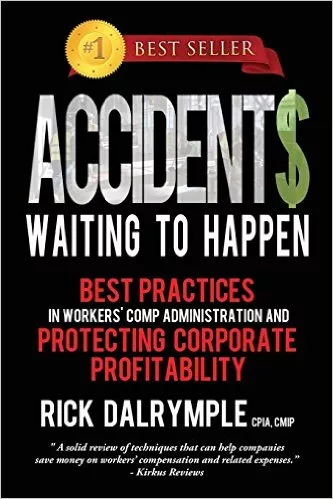Corporate Social Responsibility: A New Measure of Sustainability
Although CSR programs are frequently adopted by larger corporations, smaller companies may also benefit.


Corporate social responsibility (CSR) is one of the newest concepts to emerge in the field of sustainable business practices. CSR refers to the inferred obligation for a company to operate in a socially and environmentally responsible manner in regard to all stakeholders. Although CSR programs are frequently adopted by larger corporations, smaller companies and roofing contractors may also benefit by adopting similar CSR adopting similar CSR practices.
Although the primary focus of any responsible business is to achieve economic success within legal standards, CSR goes beyond basic economic and legal requirements to address how a company handles issues of ethics, fairness, and accountability in dealing with key stakeholders. That includes customers, employees, business partners and the community in which the company operates. In order to compete for business from customers who value the benefits of social responsibility, small companies need to consider the implications of CSR in their daily operations.
While larger corporations have been in the vanguard of CSR, implementing socially responsible business practices can be practical and painless for small-business owners as well. Because small businesses tend to be closer to their customers, it may be easier to identify important customer expectations that go beyond standard business needs. Unlike larger public companies that must constantly meet the short-term profit expectations of shareholders, smaller companies may also find it easier to implement responsible business practices that provide the best return in the long run.
Developing a formal CSR program for your business may offer many benefits. First, it will help you measure many things your company does that otherwise might be overlooked or taken for granted. In addition, it can enable you to establish specific goals for your business that can be tracked and reported to determine whether your business is growing its impact in your community. If you would like to take a look at how CSR could help your company, consider the following tips:
Look to Your Suppliers
Many manufacturers of roofing products have developed formal CSR programs, including the issuance of an annual CSR report that complies with international standards, such as the Global Reporting Initiative. These annual reports not only identify how the company has addressed key social responsibility issues in a step-by-step manner, but they also provide specific measures — such as energy savings, waste reduction, volunteer hours, and many more — that set a very high bar of achievement for their competitors to meet. And best of all, these reports are easy to obtain: in most cases you can download them from the company’s website. (Hint: Enter “corporate social responsibility,” “sustainability report,” or similar wording into the search box on the company’s homepage.)
Develop a CSR Policy
You can use the reports of your suppliers as a template. Start by writing a brief statement of what social responsibility means to you – how it affects the way you treat your customers, your employees, and the community. Next, establish specific measures for each key aspect of your policy. As an example, if community support is important, you should measure not only the material contributions your company makes, but also the number of volunteer hours donated by your employees to important local activities. If you’ve established a material recycling program, be sure to measure your results each year – either in pounds or dollar value – in order to measure your progress, promote your achievements and establish new goals.
Integrate Policy into Planning
Once you have established key measures of social responsibility for your company, you can review your performance and establish new goals each year. As an example, if developing employee loyalty is a key goal for your company, establishing an annual goal for employee turnover may be an important way to reduce turnover and increase employee loyalty and commitment.
Issue Your Own Report
Using the CSR reports of your suppliers is an easy way to develop a consistent and simple format for publishing your own report. Since developing and maintaining a high-quality document is reasonably inexpensive with today’s technology, a professional, good-looking CSR report is easily within the reach of any company. Once you have the report, use it! Incorporate the report into your proposals to inform your customers – and your competitors – that you are dedicated to being a committed and trustworthy member of your community. Also provide copies of the report to all of your stakeholders. When they see not only your commitment to social responsibility but also how you’ve established an ongoing program of continuous improvement, they’ll start a virtuous cycle of endorsements for your company that can lead to further business success.
Looking for a reprint of this article?
From high-res PDFs to custom plaques, order your copy today!






